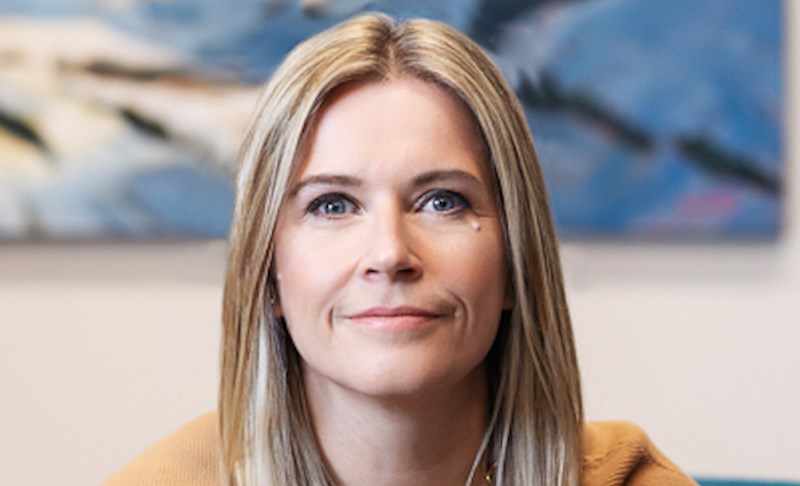We learned over the weekend that Vancouver’s ruling municipal party had been violating city policy by holding private Park Board meetings of elected commissioners outside of public view. A similar complaint about city council is under investigation.
At first glance, the revelation in the report from the city’s integrity commissioner may seem unsurprising and no big deal. After all, Vancouver has a party system municipally, elected a majority of ABC (A Better City) officials in 2022, and it might be reasonable to expect its representatives would talk about – maybe even decide upon – certain issues outside of public meetings. Provincial and federal parties hold caucus meetings all the time to do so.
But this is a different matter and more worrisome than it first appears.
City governments are unique creatures. They don’t pass legislation as they do provincially in Victoria or federally in Ottawa, where it’s necessary that public debate take place on the path to passage. They are, as Integrity Commissioner Lisa Southern noted, “the executive and legislative branch in one.”
To compensate for this difference, municipalities are required to hold open, public meetings on all but a few matters that require confidentiality. Southern said in her report it has been necessary since 1881 in B.C. that “the business of local government be conducted in an open, transparent way, and not behind closed doors.” Otherwise, what’s to stop a majority of local representatives doing what they please without involving or even telling the public or the full elected body?
Doing that runs against the grain of democracy and reduces the public trust in governance. That’s hardly something we need now, or ever.
But in Vancouver, the matter is made more complex by the presence of municipal parties. They’re usually elected as a like-minded slate with a core set of issues they’re expected to pursue. Still, even parties with a majority have to navigate a subtle zone between basic unity on issues and what one Park Board Commissioner referred to in the investigation as a required “united front” on how to vote. Elected officials need to have some independence of thought. That challenging nuance is essential to the functional integrity of government.
What it has meant over the years in Vancouver (the only Canadian city outside of Quebec with a party system municipally) is that elected parties (like the Non-Partisan Association, Vision Vancouver, or more recently ABC Vancouver) have had to refrain from determining their strategies, their specific motions or how they’ll collectively vote outside the official chambers. It is a workaround that has worked to ensure the public sees and hears – and can even participate in – the deliberations en route to a decision.
As it is, generally speaking we lack sufficient clarity in how governments of all stripes conduct business. More and more, governments use technology to conceal communications and their activities, reduce the time public representations can be made, and strengthen their tactics to avert freedom of information laws, among other things. Anything that further diminishes the public’s right to know is troublesome.
The integrity commissioner’s report identified an approach under the party led by Mayor Ken Sim that met offsite – including at Sim’s home – used the encrypted Signal app to communicate on matters, deliberated and decided on motions, and kept the lone non-ABC Park Board commissioner out of the loop.
It used 2023 meetings that the integrity commissioner specifically investigated – on a bike lane in Stanley Park and on a revamping of the city’s Moberly Park – to ensure that all the ABC Commissioners were onside. The investigation heard that there would be consequences for anyone who broke ranks.
The investigation followed a complaint last August by a Green Party councillor, Pete Fry, who also filed one against the ABC members of council. It was a deft manoeuvre. The ABC members were about to freeze the integrity commissioner’s work to conduct a review of her mandate, but because Fry’s complaint cited the ABC councillors, they would have been in a conflict of interest to vote on the freeze.
The matter stalled and that is where it sits. Her report is bound to rile the party.
Southern was assisted principally in her investigation by three commissioners who had to leave ABC to sit as independents when Sim determined the Park Board would be abolished (that matter is before the province). She was provided with copies of emails and Signal messages from when they were inside ABC.
Legal counsel for the remaining ABC commissioners challenged the validity of the investigation, that the complaint came too late, that it was a waste of tax dollars, and that the three would only provide written input and would not be interviewed.
Southern’s finding has no particular consequence except to shed light. Will ABC see this as an opportunity to let the sun shine or choose to keep us in relative darkness?
Kirk LaPointe is a Glacier Media columnist with an extensive background in journalism.



